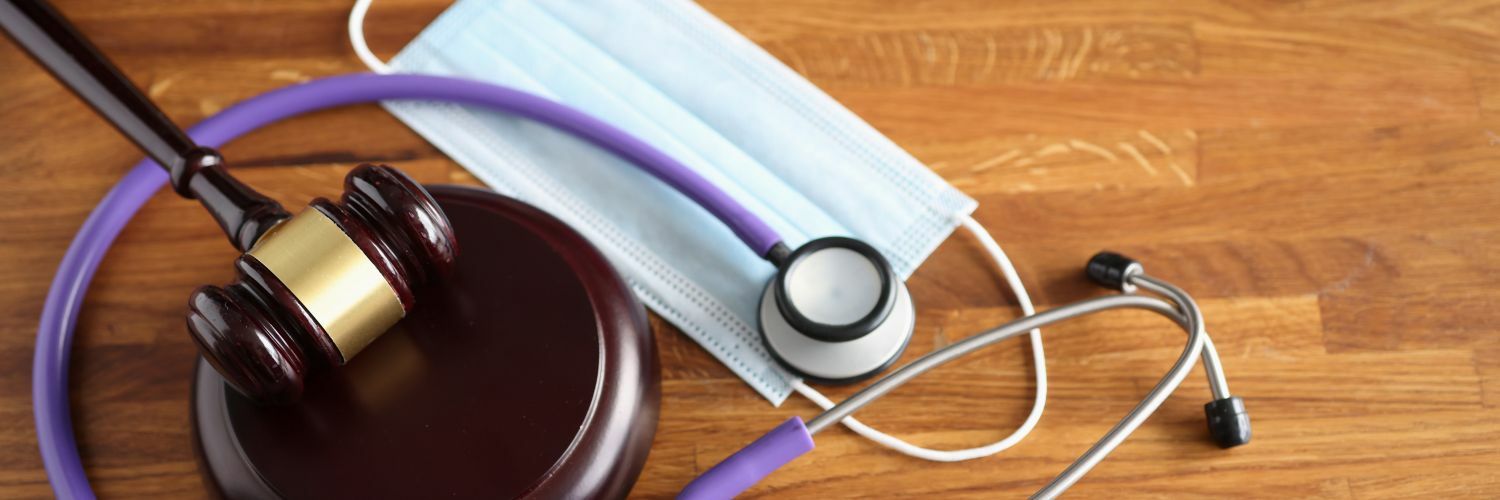
I am back from my adventure at Holden Village! It was a very relaxing time and I had plenty of time to hike as well as attend daily educational sessions with the guest faculty and staff there last week. The discussion was on Health Justice. The speakers were both doctors who have extensive experience in law and health issues. How we understand health justice is important, especially in understanding that Health Care is NOT access to health. What I mean is that we believe that everyone ought to be able to avoid preventable disease, escape premature death and live with dignity. This is a fallacy in our country… sad, but a true fact.
What I learned is that health justice means centering community voices and doing something about the decisions that were made in our history that created such an injustice in our health care systems. Perhaps the most shocking reality is how little justice we have working for the health system… Lawyers and doctors do not talk to one another unless one is fighting against the other in court over health-coverage or malpractice claims. What about the need for lawyers to fight FOR the health system? Where do these respective professions come together? Well, there has been very little legal assistance for the health care system, that is until now, when activists and health care professionals are getting legal degrees to help fight for the system.
There is also a very disturbing history to our country that demonstrates intentional injustice and racist moves that continue to haunt neighborhoods in every large city in America. In this workshop, we were introduced to what is called Structural Competency which affects the social determinants in the environments in which people are born, live, learn, play, work, and worship… all effect health and quality of life. This occurred with a system of interstate planning done in the 1950’s in deciding how the interstate systems were to be mapped through cities. It was called Red-lining where politicians chose the poorest and unfortunately… African American… communities to place the interstate systems right through the middle of these communities. Red-lining was also the beginning of the institutionalized discrimination in government backed mortgages creating the racial housing gap.
First, nobody was willing to put the interstates in their neighborhoods, so they chose the poorest economical ones where all the minorities lived. Then, it was made impossible for these communities to receive government assistance for their mortgages in these areas. Housing equity makes up 2/3rds of the wealth for most families starting in the early 1920’s - Federal Housing Administration had separate underwriting standards for mortgages in all white neighborhoods and all black ones, institutionalizing the practice of “red lining.” The interstates made the situation worse! These people didn’t have a chance!
These decisions divided families and neighborhoods causing a disruption in everything from family systems, worship, shopping, education, jobs, health care, transportation, and legal help. This red lining caused poverty and higher crime rates in all these communities because of these disruptions. There is an increase of higher pollution, lower birth rates, higher death rates and significantly more health issues in these areas in comparison to neighborhoods outside the red zones. Here we are in 2025, and NO ONE is accepting responsibility or helping these communities…. until now… where there are a few advocates and organizations stepping up with legal aid for these communities.
Well, I don’t know about you… but I’m a little embarrassed to hear about these political decisions and even a little upset about the realities of our current situations. These are the unjust and unfair stories that we learned about while at Holden. Does it bother you that that the United States ranks last overall among 11 industrialized countries on measures of health system quality, efficiency, access to health care, equity, and healthy lives?
We finished up the conversation with the idea to change our thinking. What if we would stop asking people, “What’s wrong with you?” and begin to ask them, “What happened to you?” What would happen if we listened to the stories of where people come from and get a better understanding of their histories before we think we know what people are dealing with in their lives. So… what would it look like to create our own systems of care for these people? The workshop ended asking us… “In this moment that seems so uncertain, what are ways in which we can impact the health and lives of others in a just way?” Food for thought. AMEN
